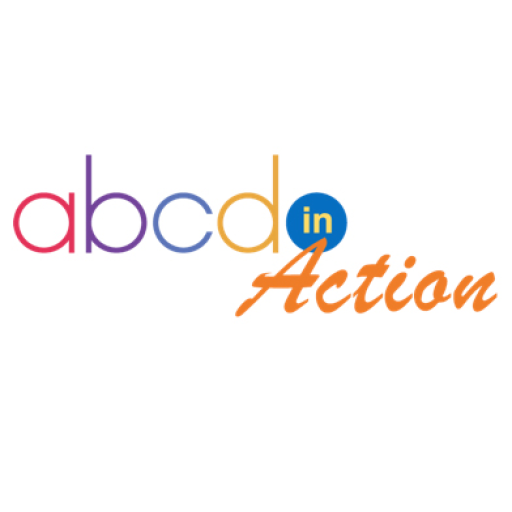
State or Province:
WIcountry:
USwhat are your gifts and talents?:
Connecting people, ideas, communitieswhy do you want to join abcd in action?:
ConnectingDigital assets - a "new" ABCD asset?
I'd like to start with a story about digital assets in my small rural community during the start of COVID. Our community relies on tourism for much of our economy here. We are a busy place during the summer when we have lots of visitors, but during the school year, it's a very quiet, very remote community and it's a place where not everyone has access to high speed internet.
When our school closed at the beginning of COVID and students were studying and learning from home, some families didn't have access to internet service that was fast enough for zoom calls and video lessons, especially if they had multiple children. Then one of our local resort owners had an idea... He had high speed internet to serve the tourists who stayed in his cabins. Since he didn't have any visitors, he offered his cabins with high speed internet to families who needed a place for their kids to study and still be safe from covid. A great use of a digital asset!
For a long time, I've been wondering if we should add a new asset to the six assets we identify through ABCD - digital assets. Are there some digital or technological assets that we are missing when we look at the six assets? Is there a benefit to having a specific category for digital assets?
By digital assets, I am thinking about some of these questions (and more!):
- Is affordable (or free!), reliable high speed internet and/or cell reception available? at home, out in the community, and/or at specific community sites (e.g., libraries, coffee shops)
- Do community residents have access to purchasing or borrowing devices (phones, tablets, laptops,...)? Do schools give out tablets to students to use? Are there programs or funding sources that help get devices into the hands of people (example: getting cell phones to people who are unhoused)? Are there devices available in local places (coffee shops, libraries,...) that people can sign up to use or borrow?
- What about digital literacy in our community? Who are the people in my community who have the knowledge and skills to use technology? Don't forget the youth (native users of technology)! How are their skills/knowledge shared? Can they help others to learn? Is training available through my neighbors and/or through community organizations
Clearly there are other questions that could be asked. And then I came across this website that specifically talks about using asset mapping to identify the digital assets in our communities for the purpose of digital inclusion. I don't think this site is "perfect" from an ABCD perspective (it seems to rely heavily on local institutions for mapping the digital assets and misses out on the neighborhood residents having a key role in this) but I think it's a good start and provides food for thought.
So what do you think? Do you routinely think about the digital assets of a community? Do you see value in identifying these assets as a separate category of asset? How do you think about mapping those digital assets? Do you think your answer is influenced by whether or not you are a native technology user? How does this all help us build stronger, more resilient communities? I'd love to hear your thoughts!

There are some good questions here, Deb. On the subject of "digital literacy," it is important, especially in a community development context, for people to develop multiple digital literacies. Misinformation and propaganda can derail projects before they get started. It can cause suspicion and erode trust. Therefore, it is not only important to learn the applications, but it is equally critical to develop literacies such as:
Great additions to thinking about "digital literacy", John.
Deb,
Thanks for bringing up this important conversation. We're now in a world where digital assets have come to stay (yes, it currently brings a divide, yet at the same time, it might help to bridge several gaps too).
For example, I have worked in rural Nigeria for the past years and it was important when identifying community and personal assets to highlight the internet, mobile phones and so on.
In the first phase of the ABCD asset mapping, we found out that some of the reasons the participants have never considered applying for youth development opportunities outside of the community were: no access to digital devices and zero digital literacy. Where desktop computers existed, it was only a few can afford to pay for the training (think of just 3 desktops in a computer centre with a thousand youths).
After we secured a physical location in the community (one of the assets that were laying fallow), it was essential that we run digital literacy contents for people to leverage on the devices they currently had and also bring in some digital devices (laptops) + add solar energy to the centre (since electricity is unstable).
This effort alone, made some of the participants bring their skills online and earned income that was never possible to come by and now some of them are studying abroad, after a few years.
Since then, we've been intentionally highlighting digital assets in our ABCD work. We are open to hearing from others, especially not just on highlighting these assets, but also on how people can turn these assets into new possibilities, that they've never imagined.
At the same time, we're constantly looking for ways to fundraise for digital devices, to break the barrier of access and then move them towards leveraging these resources, together with other identifies assets, to co-create their own development.